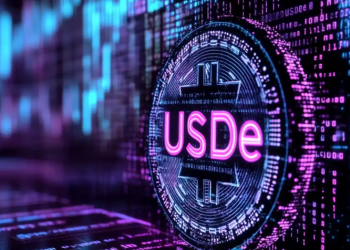Tesla and SpaceX CEO Elon Musk has taken a bold stance in favor of California’s SB 1047 AI Safety Bill, a move that has ignited debate within the tech industry. The bill, which mandates rigorous safety testing for AI developers spending over $100 million on model development, has been met with criticism from major tech players, including OpenAI and Google.
In a post shared on X (formerly Twitter) on August 27, Musk acknowledged the potential controversy but stood by his position, stating, “This is a tough call and will make some people upset, but, all things considered, I think California should probably pass the SB 1047 AI safety bill.” His support for the bill has sent shockwaves through the industry, where opposition to the legislation is widespread.
The SB 1047 Bill requires AI developers to conduct safety testing if their project costs exceed $100 million. If violations occur, leading to damages over $500 million, the attorney general has the authority to hold developers accountable. Musk’s endorsement of the bill aligns him with a more cautious approach to AI development, focusing on safety and regulatory oversight.
However, industry giants such as OpenAI and Google have voiced their concerns. OpenAI Chief Strategy Officer Jason Kwon warned that the bill could stifle innovation and impede the growth of critical AI sectors. OpenAI, led by Sam Altman, is instead supporting a competing bill, AB 3211, which focuses on ‘watermarking’ AI-generated content. This legislation seeks to ensure transparency by labeling AI-produced materials, including everything from harmless memes to deepfakes that could influence political discourse.
Despite OpenAI’s advocacy for AB 3211, the bill remains overshadowed by the more contentious SB 1047. The AI industry is divided, with some fearing that the safety regulations in SB 1047 could be weaponized to restrict public access to AI models, particularly those offered by smaller firms.
Ethereum co-founder Vitalik Buterin weighed in on the debate, responding to Musk’s post on X. He suggested that while SB 1047 may seem like an attempt to clamp down on open-access AI models, its broader aim could be to enforce safety protocols in the medium term.
In another notable development, Musk’s social media platform, X, has garnered increased scrutiny following the arrest of Telegram founder Pavel Durov. Musk agreed that X could be the next platform to face censorship challenges, sparking further concerns about the future of free expression in the digital age.
The debate over California’s AI safety legislation continues to escalate, with Musk’s involvement drawing global attention to the complex balance between innovation, safety, and regulatory control in the rapidly evolving AI landscape.

















